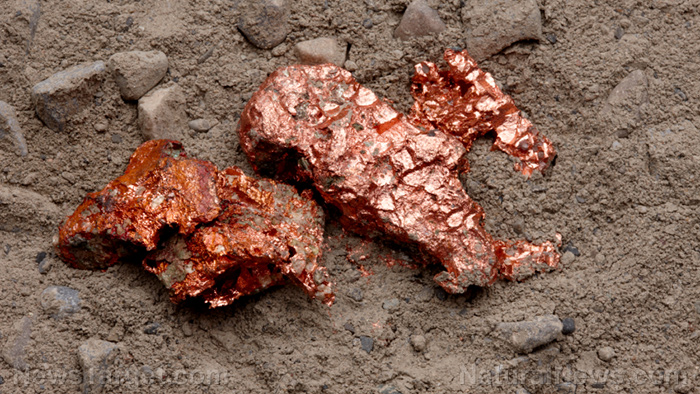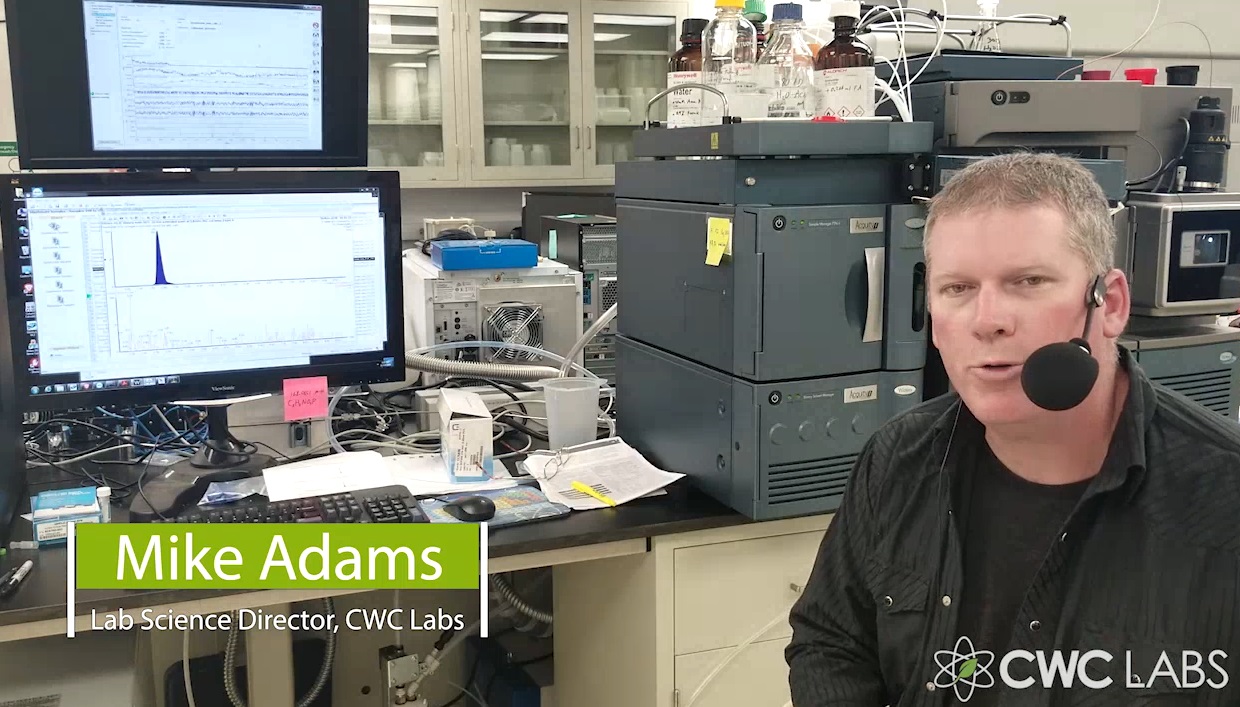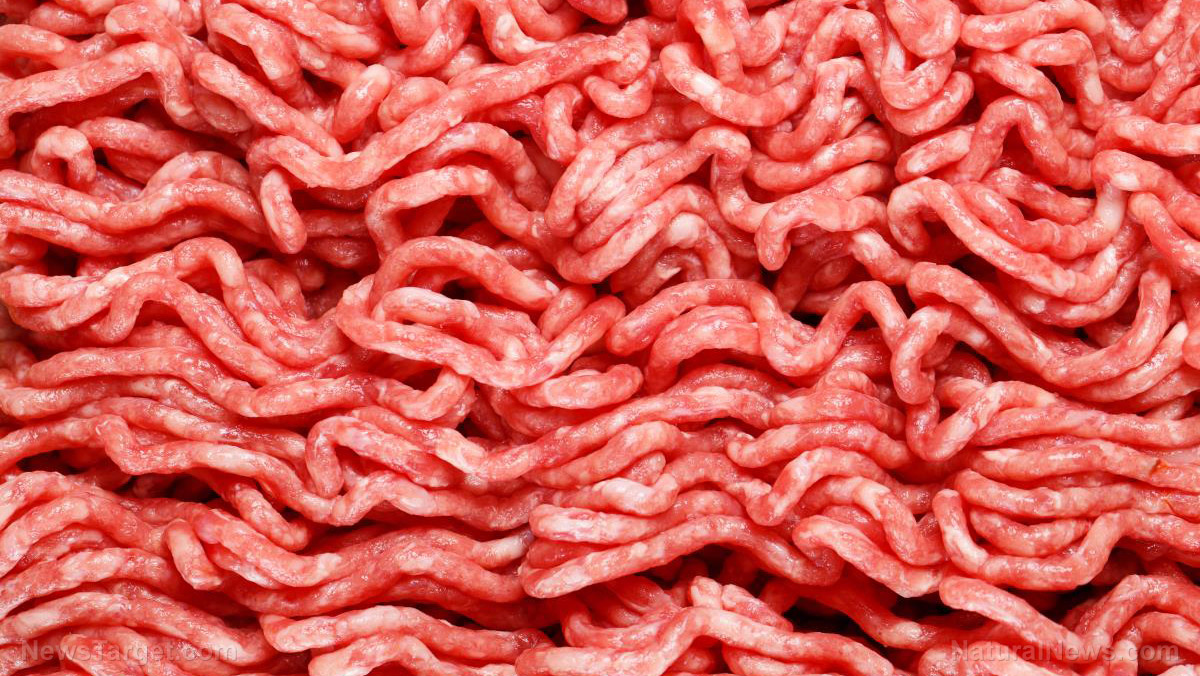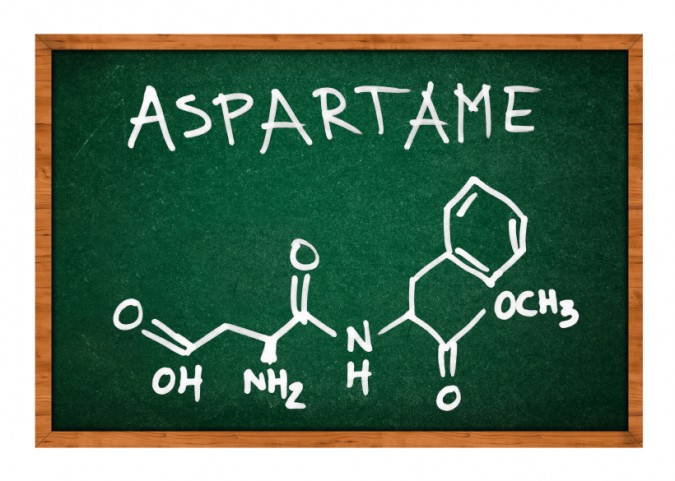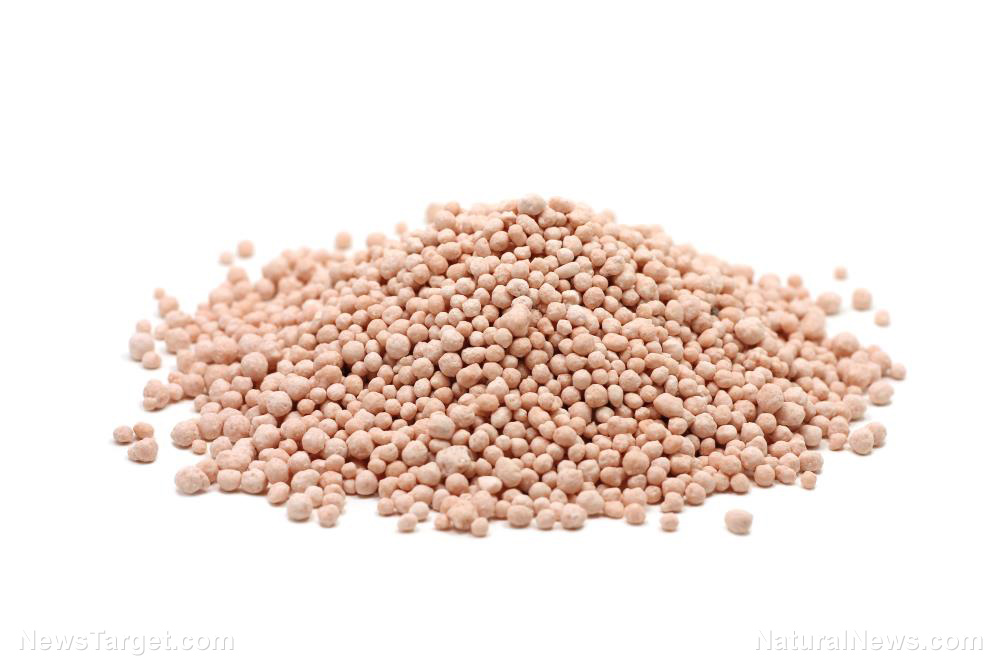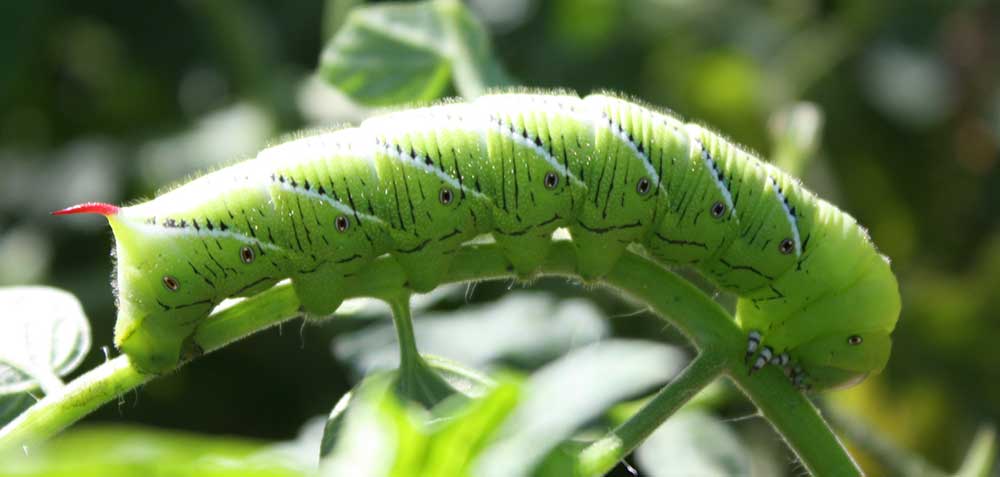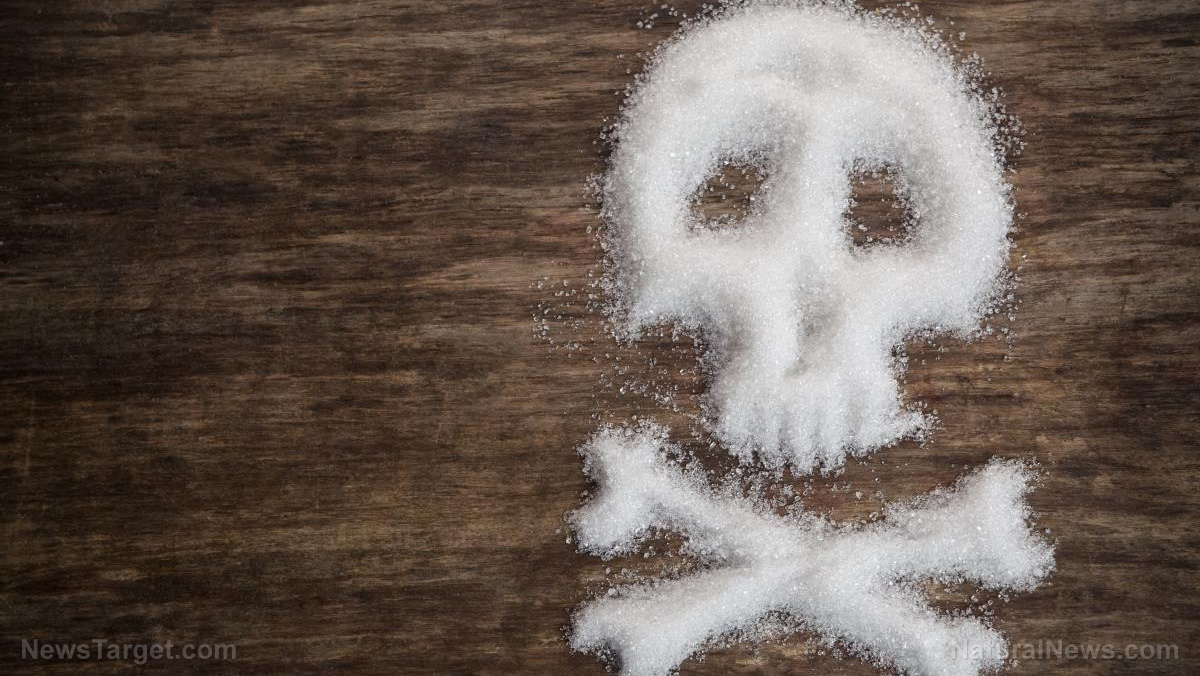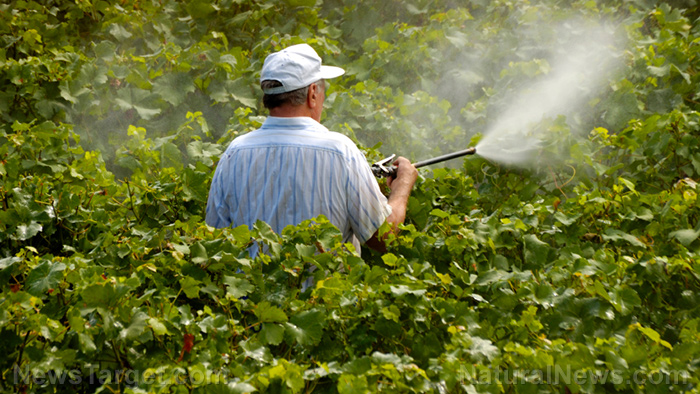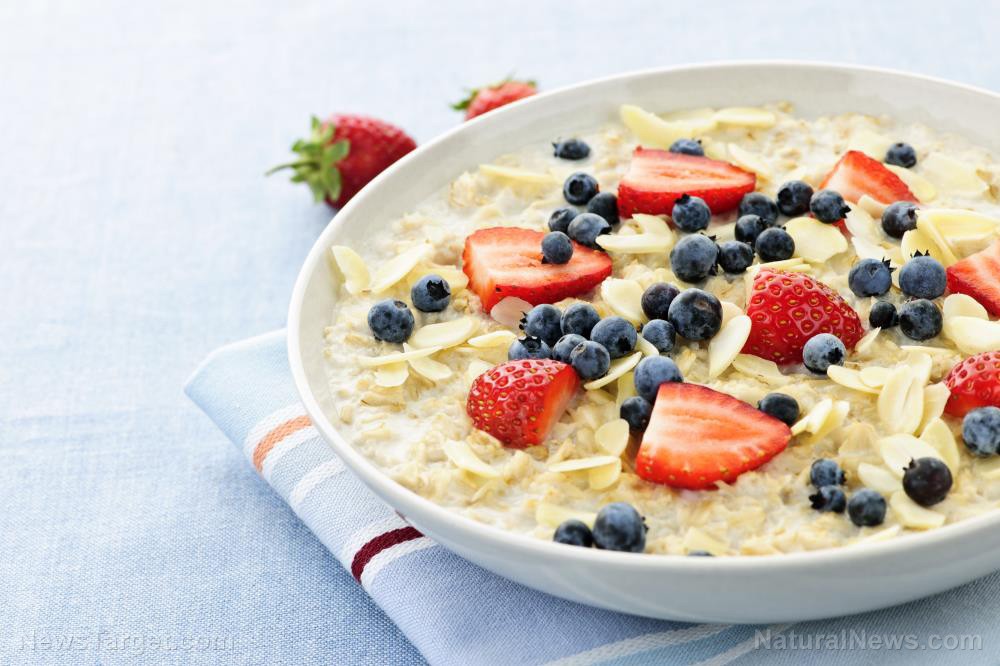Large study reveals that junk food really DOES increase your risk for cancer
11/21/2018 / By Isabelle Z.

We all know that junk food is terrible for us, but there may be occasions when you’re tempted to give in. Perhaps the vending machine is the social center at your office and you find yourself chatting and snacking more often than not, or you’ve given in to your kids’ requests that you buy the same trendy chips their friends eat. Or maybe you think that you can get away with eating junk food because you’ve got your weight under control. If you believe that eating some junk food can’t do that much harm, you need to know that a sizable European study recently found that eating such food raises your risk of cancer.
The study used a system that was developed by the British Food Standards Agency known as the Nutri-Score, in which foods are scored based on their nutritional quality, with A representing the most nutritious and E signifying the poorest quality in terms of nutrition.
Under the guidance of the French National Institute for Health and Medical Research, the scientists used the scale to grade the diets of almost half a million people in ten different European countries. Then they looked for trends by comparing the rates of cancer noted among participants during a follow-up period that spanned roughly 15 years.
They made adjustments for other factors that can influence your risk of cancer, such as family history, BMI, and smoking, and they found a link between a diet of nutritionally-poor food and higher risk of developing some types of cancer.
In particular, those who ate the most junk food had a higher risk of stomach, respiratory tract, and colorectal cancer. In men, a diet of junk food was strongly associated with lung cancer; in women, it was linked to higher risks of post-menopausal breast cancer and liver cancer.
Consumers need to be more informed and make better choices
The Nutri-Score and similar systems can be handy tools for helping consumers quickly determine the nutritional quality of food so they can make better choices. It uses colors and grades to show foods that are high or low in sugar, saturated fat, salt, and other ingredients. It has been used in the U.K. since last year to regulate food advertisements.
Although the Nutri-Score has gained the official support of French and Belgian health authorities, EU labeling regulations mean that its application can’t be made compulsory. Nevertheless, 33 food manufacturers have already voluntarily adopted the system. The EU plans to review and debate implementing a standard nutritional labeling system for its member countries, the study’s authors say that similar discussions are taking place in North America, South America, and Australia.
The study is supported by different research that was recently published in the Journal of the Academy of Nutrition and Dietetics that showed a link between a high-calorie diet that is devoid of nutrients and a high risk of cancer – especially in women older than 50 of a normal weight. After examining the data of more than 92,000 women and following them for 15 years, they found that those who ate a lot of junk food had higher risk of cancer.
Even if you’re blessed with a fast metabolism and weight isn’t a concern, you should still avoid junk food like the plague. Cancer is a devastating illness that will strike many people in their lifetime, and nutrition is one of the biggest risk factors that you can control. You owe it to yourself and your family to cut junk food out of your lives right away.
Read JunkFood.news for more science about junk, processed food.
Sources for this article include:
Tagged Under: cancer, cancer risk, disease causes, ingredients, Nutri-Score, nutrients, nutrition, prevent disease


